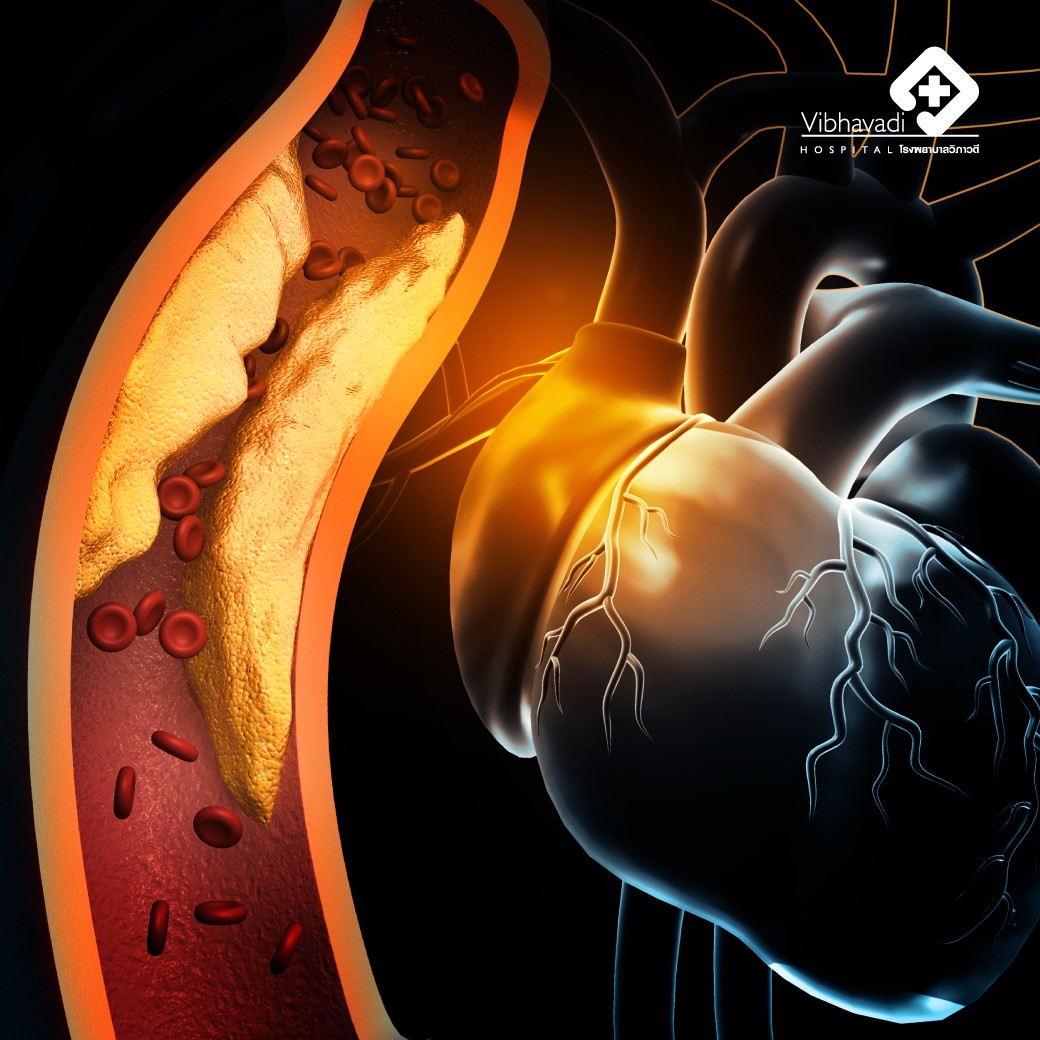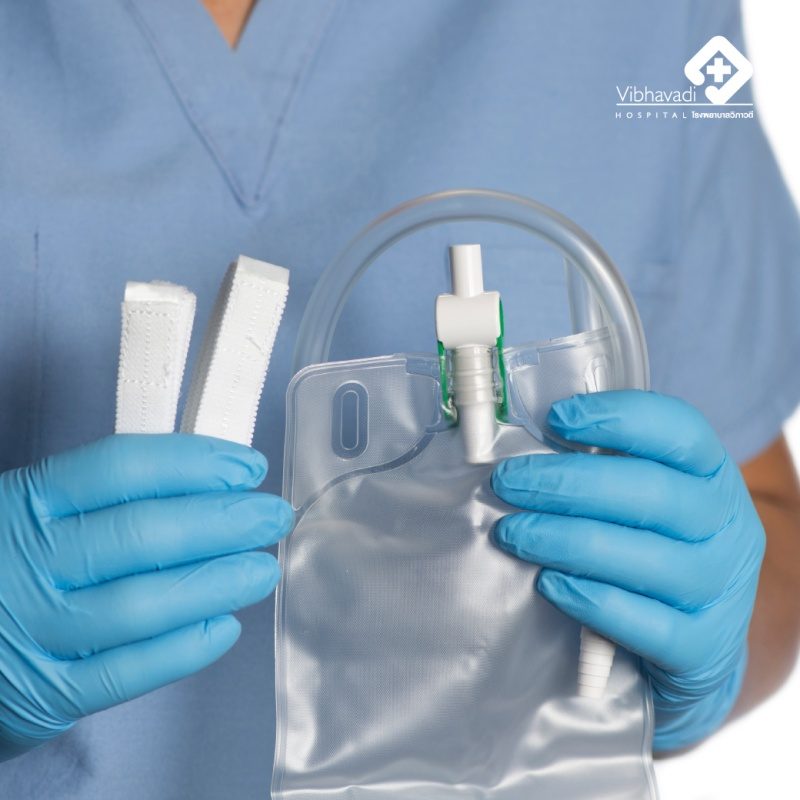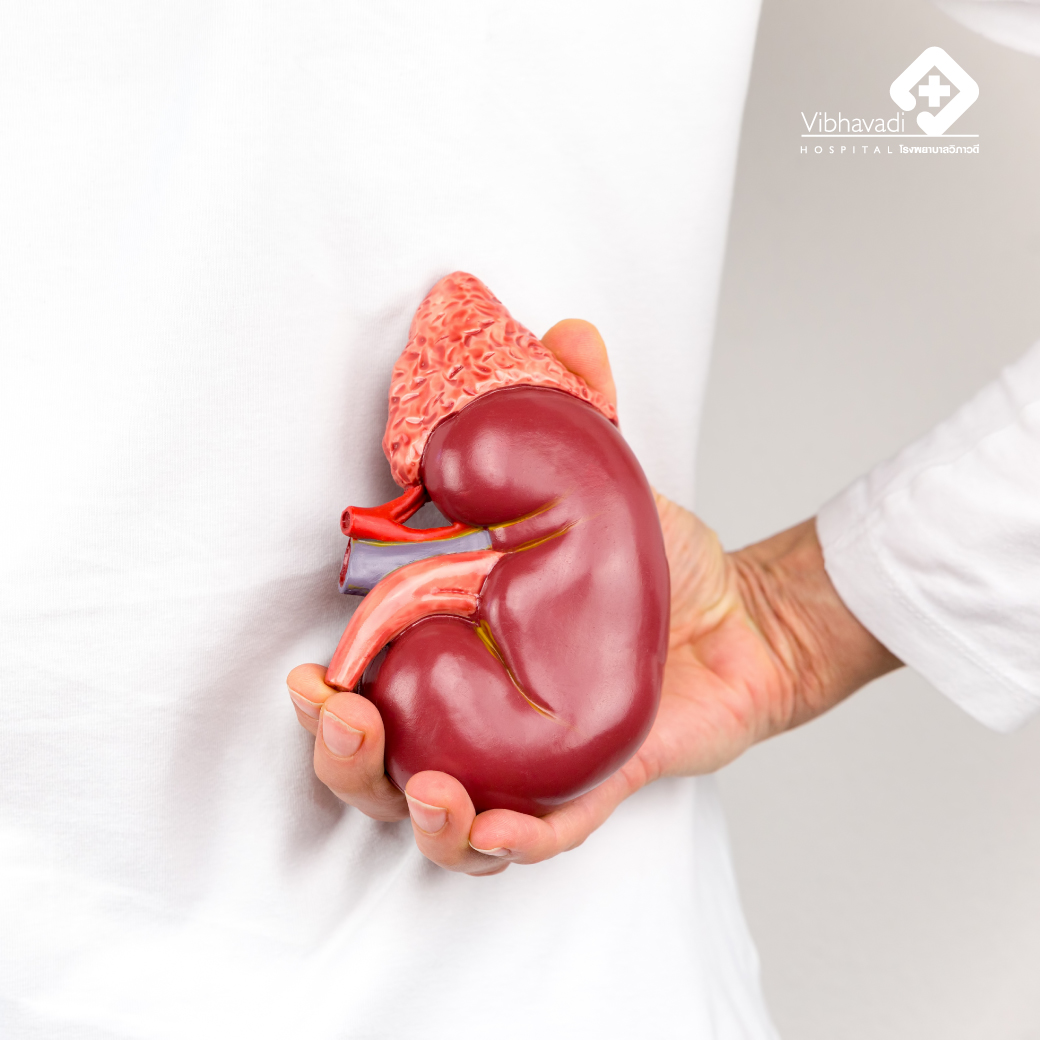Heart Failure ? Are You At Risk? Check These Symptoms, Causes & Prevention.
What is Heart Failure?
Heart failure refers to a condition where the heart is unable to pump enough blood to nourish the body adequately. Heart failure does not mean the heart stops beating.
We refer to heart failure as Congestive Heart Failure, which is when the heart fails to work properly, leading to insufficient oxygen supply to various tissues.
If the left side of the heart fails, there will be an accumulation of fluid in the lungs, resulting in a condition called Pulmonary Edema.
If the right side of the heart fails, there will be fluid retention in the legs, causing swelling. Heart failure symptoms can occur suddenly, such as after a heart attack, or gradually, as in diseases affecting heart valves or heart muscle.
Causes of Heart Failure:
As we age, the contracting ability of the heart decreases. If there are conditions that make the heart work harder or lead to a loss of its pumping ability, heart failure can occur. In addition, certain behaviors increase the risk of heart failure, such as smoking, obesity, consuming high-fat diets, and lack of exercise. These factors can all contribute to the development of heart failure. There are multiple causes of heart failure, and sometimes the exact cause may not be known.
Commonly identified causes include:
- Coronary Heart Disease, where the arteries supplying blood to the heart become narrow. Patients often have a history of chest pain. When the blood supply to the heart muscle is inadequate, the heart cannot pump blood efficiently. If the affected area is extensive, it can lead to sudden-onset heart failure.
- Cardiomyopathy, which can be caused by certain viral infections, leading to inflammation of the heart muscle and heart failure.
- Hypertension (High Blood Pressure), which causes the heart muscle to thicken and work harder, resulting in heart failure.
- Rheumatic Heart Disease, which affects heart valves, causing them to become narrow or leaky, resulting in heart failure.
- Lung diseases, such as chronic obstructive pulmonary disease (COPD), can contribute to right-sided heart failure.
- Abnormal heart rhythms, such as bradyarrhythmia (slow heart rate) or tachyarrhythmia (fast heart rate), can prevent the heart from pumping blood effectively.
- Toxins, such as alcohol or illicit drugs, can damage the heart muscle.
- Thyroid disorders can also contribute to heart failure.
Symptoms of heart failure:
Patients may experience mild symptoms that they may not pay attention to, and many seek medical attention only when the symptoms become severe. Patients diagnosed with heart failure should be aware of the symptoms and monitor them closely. If the symptoms worsen, it is important to seek medical advice. The common symptoms include:
- Easy fatigue: If heart failure is mild, fatigue may occur only during strenuous activities (dyspnea on exertion). As heart failure worsens, even normal activities can cause fatigue, and patients may feel tired even at rest. If fatigue worsens, medical consultation is necessary.
- Shortness of breath: After lying down for 1-2 hours, patients may experience shortness of breath, which improves when they sit up (orthopnea). Some individuals may be unable to lie flat at all.
- Easily exhausted
- Swollen feet or abdomen due to fluid retention
- Rapid weight gain
- Persistent cough, especially if it produces pink or bloody phlegm, requires immediate medical attention as it may indicate pulmonary edema.
- Nausea and loss of appetite due to decreased blood supply to the digestive system
- Memory impairment and confusion
- Palpitations and rapid heartbeat
Treatment:
Heart disease is a condition characterized by continuous destruction of the heart muscle, leading to symptoms of heart failure. Patients must cooperate in the treatment process, following these treatment principles:
- Behavioral adjustments
- Medication usage
- Treatment of underlying causes, such as balloon angioplasty or heart valve surgery
- Implementation of devices to control heart rhythm
Prevention:
Preventing the occurrence of the disease, known as primary prevention, is the best approach.
- Modifying lifestyle behaviors to reduce the risk of heart disease, such as regular physical exercise, consuming high-quality and low-fat food, avoiding salty and processed foods, maintaining a normal weight, managing stress, refraining from smoking, and limiting alcohol consumption.
- Treating existing conditions, such as managing hypertension, diabetes, cholesterol, narrowed blood vessels, or leaky valves of the heart.
- Undergoing regular annual physical examinations to detect heart disease early.
For further information, please contact the Heart Center at Vibhavadi Hospital, Tel: 0-2561-1111, ext 1















